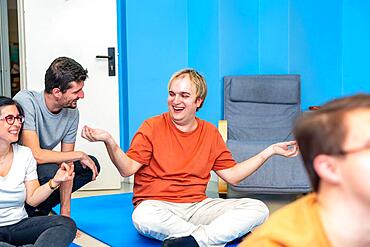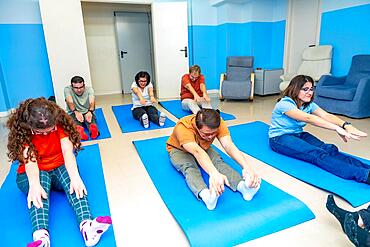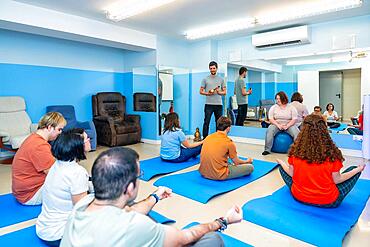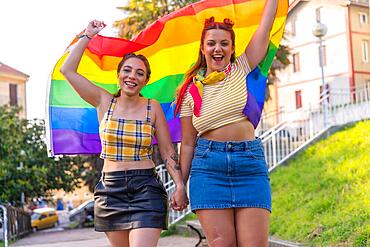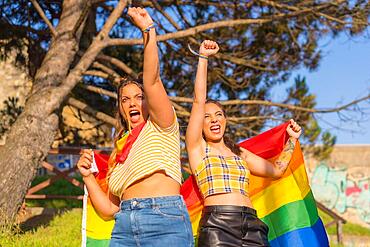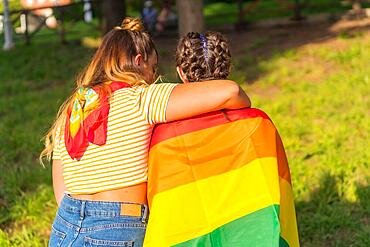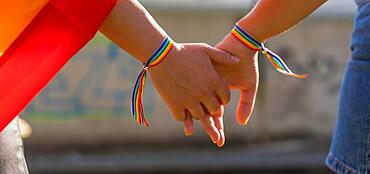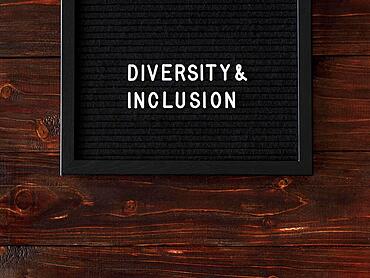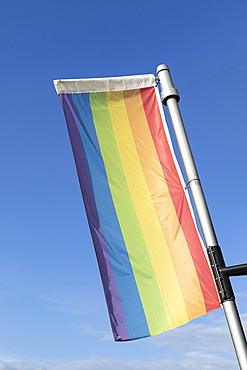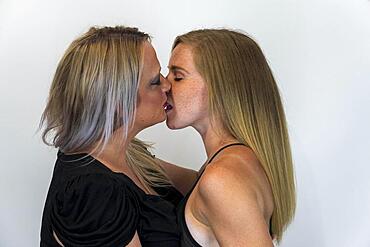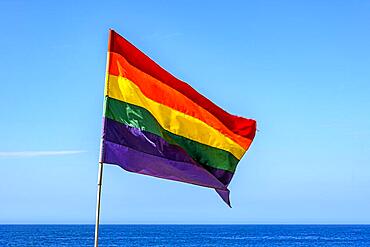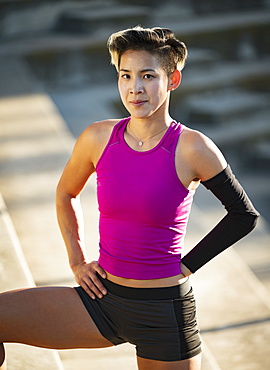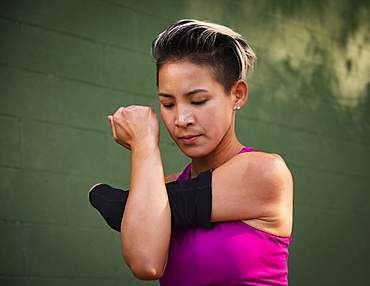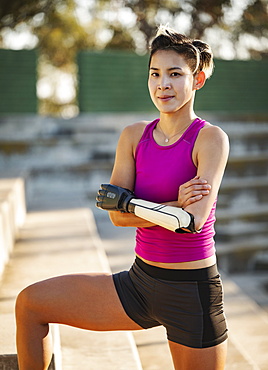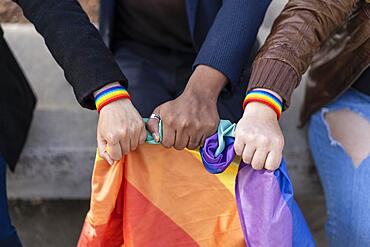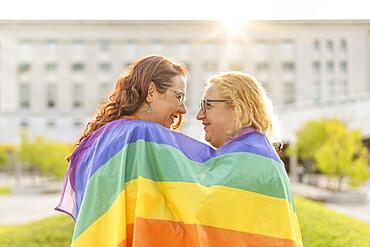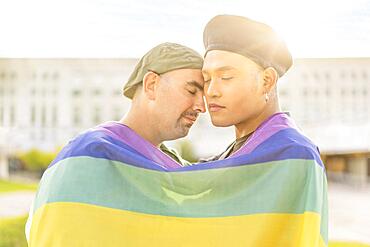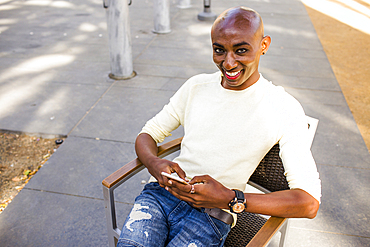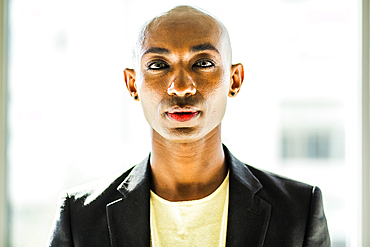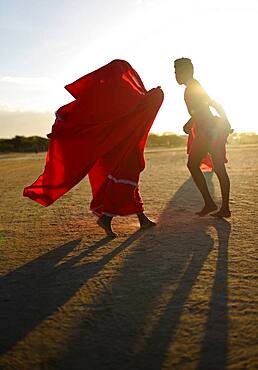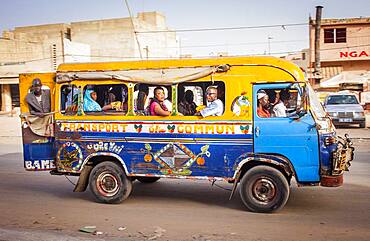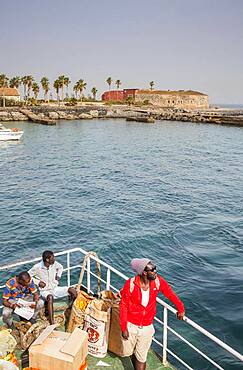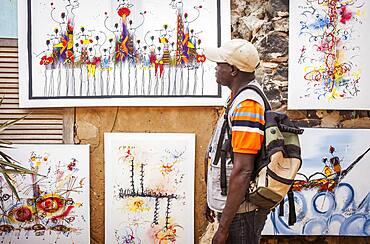Recent searches
Loading...
832-404506 - Instructor and disabled man smiling and talking during yoga class
832-404502 - Group of adult intellectual disabled people stretching sitting on a mat during yoga class
832-404501 - Elevated rear view of a group of male and female disabled people stretching during yoga class together
832-404500 - Rear view of a group of people with special needs in a yoga class
832-404183 - A closeup shot of two young Caucasian hugging females with LGBT pride flag outdoors
832-404182 - A closeup shot of two young Caucasian females holding LGBT pride flag outdoors
832-404181 - A closeup shot of two young Caucasian females holding LGBT pride flag outdoors
832-404180 - A closeup shot of two young Caucasian females holding hands with LGBT pride bracelets outdoors
1116-52920 - Woman enjoys a safari tour at Madikwe Game Reserve in South Africa, South Africa
832-403591 - Diversity inclusion quote black fabric
832-402975 - Rainbow painted vintage van parked on the edge of the street in the sunset light background. Lgbtq colors, pride symbol bus
832-402830 - Symbolic image, homosexuality, tolerance, CSD, Pride Week, rainbow flag against blue sky, Germany, Europe
832-402430 - A gay couple show their love for each other in a studio environment. Concept of homophobia, diversity, equity, peace and love, freedom, liberty. LGBT rights concept
832-402429 - A gay couple show their love for each other in a studio environment. Concept of homophobia, diversity, equity, peace and love, freedom, liberty. LGBT rights concept
832-400227 - Lbgtq+ flag in the blue sky of the city of Rio de Janeiro, Brazil with sea in background, Brasil
832-400031 - Beautiful lesbian couple over rainbow flag, lgbt concept, romantic pose
832-400030 - Beautiful lesbian couple over rainbow flag, lgbt concept, romantic pose, interracial couple
832-400034 - Beautiful gay couple having fun and dancing to music indoors at home, lgbt concept
832-398140 - Concept for gender tax and stereotypes for products marketed toward women to be more expensive than those marketed for men with various pink and black hygiene products like shower gel or razors
832-397980 - Strong and independent muscular female legs over pink wall. Women power concept
1178-43708 - Athletic woman with amputated hand running up steps
1178-43702 - Portrait of athlete woman with prosthetic arm
1178-43699 - Athletic woman with amputated hand running up steps
1178-43704 - Portrait of athlete woman with prosthetic arm
1178-43696 - Athletic woman with prosthetic arm running against wall
1178-43700 - Portrait of athlete woman with amputated hand
1178-43695 - Portrait of athlete woman with prosthetic arm
1178-43703 - Athletic woman with amputated hand stretching arm
1178-43698 - Athletic woman with amputated hand running up steps
1178-43713 - Athletic woman with prosthetic arm riding bicycle
1178-43701 - Athletic woman with amputated hand running up steps
1178-43697 - Portrait of athlete woman with prosthetic arm
1178-43705 - Athletic woman with amputated hand running up steps
832-397170 - Gay Latino male couple sitting on a bench in a park at sunset, wearing fashionable hats, holding a cell phone, smiling
832-397166 - Multi ethnic lgbt gruup wearing lgbt wristbands, holding lgbt flag
832-397168 - Lesbian women couple in love embracing each other, wrapped in a gay flag, in a park at sunset, with reflections of the sun. Concept of diversity, pride, love, equality
832-397169 - Gay Latino male couple sitting on a bench in a park at sunset, wearing fashionable hats, holding a cell phone, smiling
832-397167 - Couple of gay men in love embracing each other, wrapped in a gay flag, in a park at sunset, with reflections of the sun. Concept of diversity, pride, love, equality
1350-5998 - Replica of the first Ictineo submarine, in Maritime Museum, Royal shipyards, Drassanes, Catalonia, Spain
1178-42639 - Studio shot of row of rainbow color Paper hearts
1178-40999 - Smiling gay Black man leaning on concrete wall
1178-41001 - Smiling gay Black man texting in chair outdoors
1178-40998 - Gay Black man texting in empty parking lot
1178-41000 - Serious gay Black man posing near window
1178-41002 - Smiling gay Black man holding denim jacket
1178-37857 - Mixed race woman texting on cell phone in gallery
1178-38149 - Caucasian brother and sister on swings holding Easter baskets
1178-37855 - Mixed race woman gesturing peace in gallery
1178-32174 - Pregnant African American woman holding 'BOY' blocks
1178-32173 - Pregnant African American woman holding 'GIRL' blocks
1178-32165 - Pregnant African American woman holding booties
1178-32162 - Pregnant African American woman holding ultrasound printout
1178-32166 - Pregnant African American woman looking at ultrasound printout
1350-1865 - Yonna dance, also called Chichamaya, carries a considerable symbolic charge for the Wayuu indigenous people of Colombia, representing three basic principles for this tribal group: Social equality, collective solidarity and the improvement of relations between the human being and the Cosmos.
1350-1859 - Yonna dance, also called Chichamaya, carries a considerable symbolic charge for the Wayuu indigenous people of Colombia, representing three basic principles for this tribal group: Social equality, collective solidarity and the improvement of relations between the human being and the Cosmos.
1350-1871 - Yonna dance, also called Chichamaya, carries a considerable symbolic charge for the Wayuu indigenous people of Colombia, representing three basic principles for this tribal group: Social equality, collective solidarity and the improvement of relations between the human being and the Cosmos.
1350-1860 - Yonna dance, also called Chichamaya, carries a considerable symbolic charge for the Wayuu indigenous people of Colombia, representing three basic principles for this tribal group: Social equality, collective solidarity and the improvement of relations between the human being and the Cosmos.
1350-1861 - Yonna dance, also called Chichamaya, carries a considerable symbolic charge for the Wayuu indigenous people of Colombia, representing three basic principles for this tribal group: Social equality, collective solidarity and the improvement of relations between the human being and the Cosmos.
1350-1397 - Traditional public transport bus, Dakar, Senegal
1350-1174 - girls, Subway, entrance to Toei Oedo Line, in Roppongi station, Tokyo, Japan.
1350-1862 - Yonna dance, also called Chichamaya, carries a considerable symbolic charge for the Wayuu indigenous people of Colombia, representing three basic principles for this tribal group: Social equality, collective solidarity and the improvement of relations between the human being and the Cosmos.
1350-1866 - Yonna dance, also called Chichamaya, carries a considerable symbolic charge for the Wayuu indigenous people of Colombia, representing three basic principles for this tribal group: Social equality, collective solidarity and the improvement of relations between the human being and the Cosmos.
1350-1870 - Yonna dance, also called Chichamaya, carries a considerable symbolic charge for the Wayuu indigenous people of Colombia, representing three basic principles for this tribal group: Social equality, collective solidarity and the improvement of relations between the human being and the Cosmos.
1350-1868 - Yonna dance, also called Chichamaya, carries a considerable symbolic charge for the Wayuu indigenous people of Colombia, representing three basic principles for this tribal group: Social equality, collective solidarity and the improvement of relations between the human being and the Cosmos.
1350-1858 - Yonna dance, also called Chichamaya, carries a considerable symbolic charge for the Wayuu indigenous people of Colombia, representing three basic principles for this tribal group: Social equality, collective solidarity and the improvement of relations between the human being and the Cosmos.
1350-1869 - Yonna dance, also called Chichamaya, carries a considerable symbolic charge for the Wayuu indigenous people of Colombia, representing three basic principles for this tribal group: Social equality, collective solidarity and the improvement of relations between the human being and the Cosmos.
1350-1400 - Ferry arriving at Goree Island, in background fort d´Estrees, near Dakar, Senegal, West Africa, Africa
1350-1863 - Yonna dance, also called Chichamaya, carries a considerable symbolic charge for the Wayuu indigenous people of Colombia, representing three basic principles for this tribal group: Social equality, collective solidarity and the improvement of relations between the human being and the Cosmos.
1350-1864 - Yonna dance, also called Chichamaya, carries a considerable symbolic charge for the Wayuu indigenous people of Colombia, representing three basic principles for this tribal group: Social equality, collective solidarity and the improvement of relations between the human being and the Cosmos.
1350-1867 - Yonna dance, also called Chichamaya, carries a considerable symbolic charge for the Wayuu indigenous people of Colombia, representing three basic principles for this tribal group: Social equality, collective solidarity and the improvement of relations between the human being and the Cosmos.
1350-1401 - Tourist, in Workshop of Fallow painter, Goree island, near Dakar, Senegal
1350-1403 - The Slave House, Island of Goree, UNESCO World Heritage Site, near Dakar, Senegal, West Africa, Africa
1350-1010 - The Daibutsu (bronze Great Buddha). Kotoku-in Temple, Kamakura, Japan
1174-10228 - Businesswoman and two businessman standing outdoors, chatting and smiling, New York, United States of America
1174-9803 - Portrait of smiling mechanics in auto repair shop, two men and a woman
1174-9830 - Owner of auto repair shop talks with Hispanic female mechanic
1174-9816 - Three mechanics sharing a digital tablet and planning work on a car in for repair
1174-9815 - Three female mechanics look inside the engine compartment of a car in a repair shop
1174-9814 - Team of mechanics working on a car discuss a problem in an auto repair shop
1174-9802 - Portrait of smiling male and female mechanic by a rack of tyres in a workshop
1178-28708 - Person marking with pen on male and female gender checklist
1178-28707 - Pen marking on male, female and non binary gender checklist
1178-28709 - Pen marking on personal pronoun and non binary gender checklist
746-89449 - LGBT street sign with rainbow street representing peace.
1270-143 - Students at a junior High School watch a play about teenage pregnancy put on by the schools Gender Club, Ghana, West Africa, Africa
